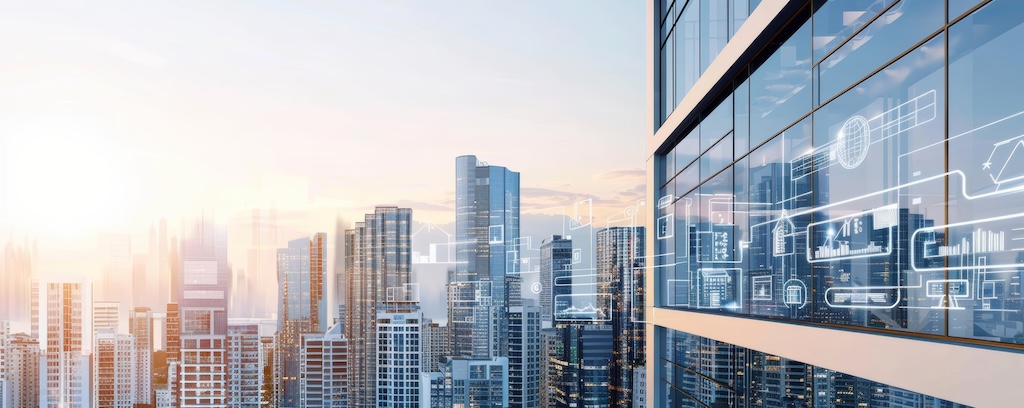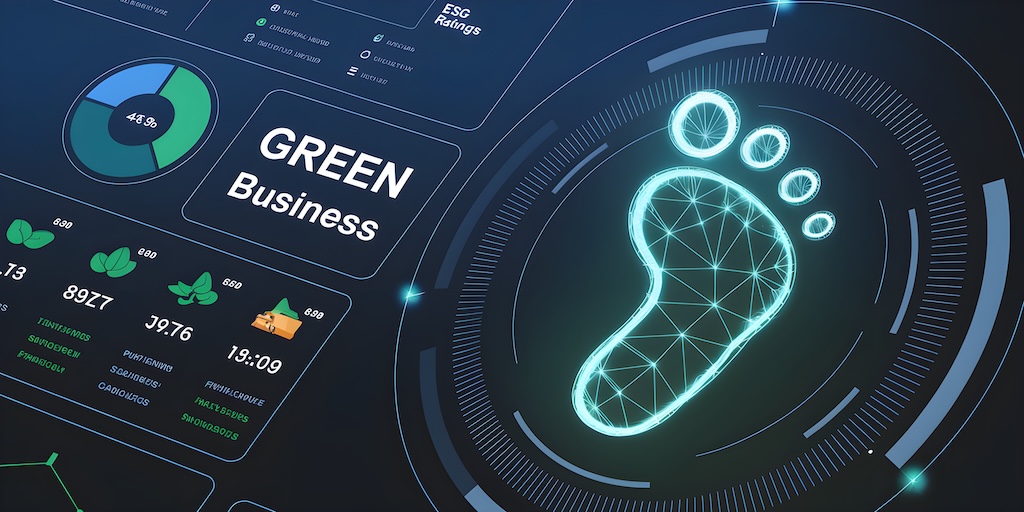The workspace landscape has undergone a profound transformation over the past decade. With the rise of remote work, the gig economy, and technological advancements, traditional office spaces have given way to more flexible, dynamic environments such as co-working and flex spaces. These innovative spaces offer businesses and professionals the flexibility to choose work environments that best suit their needs, whether it’s a hot desk for a freelancer, a private office for a start-up, or a large space for an established company.
Co-working spaces, which began as a niche market, have grown exponentially, offering shared spaces where individuals from different organizations can work side by side, fostering collaboration and networking. On the other hand, flex spaces provide adaptable commercial real estate that can be easily reconfigured to meet the changing needs of tenants, from individual workstations to large meeting rooms or even warehouse spaces.
However, as the demand for these spaces grows, so do the challenges faced by real estate owners and operators. Managing these dynamic environments efficiently while meeting the diverse needs of users requires innovative solutions. This is where PropTech solutions like GrydSense Omnos come into play, offering cutting-edge solutions to streamline operations, optimize space utilization, and enhance the overall user experience.
Challenges in Managing Co-Working and Flex Spaces

The growing popularity of co-working and flex spaces has brought several challenges to the forefront for real estate owners and operators:
1. Space Utilization and Management: One of the biggest challenges is optimizing space utilization. With the diverse needs of different tenants, ensuring that spaces are used efficiently without overcrowding or underutilization can be difficult. Real-time monitoring and management of space usage are critical in ensuring that these spaces meet the needs of their users. According to a 2023 survey by JLL, 41% of co-working space operators cited space utilization as a significant challenge, underscoring the importance of effective space management solutions.
2. Energy Management: Co-working and flex spaces often operate on a 24/7 basis, with different areas of the space being used at varying times. This makes energy management a significant challenge, as operators need to ensure that spaces are adequately heated, cooled, and lit without wasting energy. Effective energy management not only reduces operational costs but also aligns with the growing demand for sustainability in the real estate sector. Research by CBRE indicates that energy costs account for approximately 20% of the operating expenses in co-working spaces, making energy management a critical area for cost savings and sustainability.
3. Facility Management and Maintenance: Managing the facilities and ensuring they are always in top condition is another challenge. This includes everything from maintaining the cleanliness of the space to ensuring that all equipment and amenities are functioning correctly. The complexity increases with the size of the space and the number of users. Preventing equipment breakdowns and reducing downtime are essential to maintaining a seamless user experience.
4. Security: With the open nature of co-working and flex spaces, security is a significant concern. Operators need to ensure that only authorized individuals have access to certain areas and that data and assets are protected against unauthorized access. This becomes particularly challenging as more people use the space, each with varying levels of access and security needs.
5. User Experience and Satisfaction: Ultimately, the success of a co-working or flex space depends on the satisfaction of its users. Providing a seamless, enjoyable experience is critical in retaining tenants and attracting new ones. This includes everything from the ease of booking a space to the availability of amenities and the overall atmosphere of the space. As the demand for flexible office space continues to rise, with 67% of companies planning to increase their use of these spaces over the next three years, the importance of delivering an excellent user experience cannot be overstated.
6. Well-Being: In our era of global pandemics and public health emergencies, well-being in indoor spaces has assumed special importance. Studies suggest pollutant concentration is up to five times higher indoors than outdoors. A worker exposed to excess PM2.5 will suffer an annual sickness-induced loss of 27 man-hours for every 1 PPB above the safe level. Exposure to high levels of CO2 can also cause up to 50% decline in complex strategic thinking ability. Attracting tenants to shared spaces has become critically dependent on the provision of healthy work environments with high indoor air quality (IAQ).
The Role of PropTech in Addressing These Challenges

PropTech, or property technology, has emerged as a key enabler in addressing the challenges faced by co-working and flex spaces. By leveraging advanced technologies such as IoT (Internet of Things), AI (Artificial Intelligence), and big data, PropTech solutions like GrydSense provide real estate owners and operators with the tools they need to manage these spaces more effectively.
GrydSense: A Comprehensive Solution for Co-Working and Flex Spaces
GrydSense offers a truly integrated solution that addresses the pain points associated with managing co-working and flex spaces. The platform combines spatial intelligence, energy management, and facility management into a single, unified system, providing real-time insights and control over the entire space.
1. Optimizing Space Utilization: GrydSense’s platform enables real-time tracking of space utilization, allowing operators to see which areas are being used and which are not. This data-driven approach allows for more effective space planning and optimization, ensuring that every square foot is used efficiently. The platform’s analytics and recommendation engine also provide insights into how spaces can be reconfigured or adjusted to meet changing demands.
2. Enhanced Energy Management:

The GrydSense platform integrates smart lighting, HVAC controls, and environmental monitoring to optimize energy usage across the space. The system automatically adjusts lighting and temperature based on occupancy and usage patterns, reducing energy waste and lowering operational costs. The integration of smart technologies, such as those offered by GrydSense, can lead to energy savings of up to 30%, further emphasizing the value of PropTech in this sector.
3. Streamlined Facility Management:

GrydSense offers a comprehensive facility management solution that covers everything from routine maintenance to advanced monitoring of equipment and systems. The platform’s smart maintenance capabilities help direct cleaning teams as per demand thus reducing downtime, preventing redundant effort, and ensuring that facilities are always in top condition. Additionally, the system integrates with booking platforms, allowing for seamless coordination of space reservations and facility usage.
4. Robust Security: Security is a top priority for GrydSense, which offers advanced features like real-time monitoring and equipment tagging to protect users and assets. The platform’s security measures ensure that only authorized individuals have access to specific areas. Human footprint detection and directed maintenance ensures workdesks remain clear and any personal or sensitive objects left behind are collected for safe return.
5. Enhanced User Experience: GrydSense places a strong emphasis on user experience, offering features such as personalized comfort settings, ambient intelligence, and real-time feedback mechanisms. Users can easily book spaces, adjust settings to their preferences, and provide feedback on their experience, all through a user-friendly interface. This focus on user experience helps increase tenant satisfaction and retention.
6. Improved Well-Being:

GrydSense’s multi-variable environmental sensor helps the platform monitor parameters affecting IAQ such as CO2, PM 1/2.5/4/10, TVOC, and noise. This real-time data integrated with networked HVAC systems creates autonomous self-correcting spaces that maintain IAQ within acceptable levels at all times. GrydSense’s indoor well-being module has been reported to improve IAQ by up to 15%, helping occupants avoid sickness and sick-days and improving productivity.
The rise of co-working and flex spaces represents a significant shift in how we approach work and commercial real estate. While these spaces offer unparalleled flexibility and adaptability, they also present unique challenges that require innovative solutions. PropTech, and specifically GrydSense, offers a comprehensive platform that addresses these challenges head-on, providing real estate owners and operators with the tools they need to optimize space utilization, manage energy efficiently, streamline facility management, and enhance the overall user experience.
As the demand for co-working and flex spaces continues to grow, the adoption of PropTech solutions will be essential in ensuring that these spaces meet the needs of both tenants and operators. By leveraging advanced technologies and data-driven insights, GrydSense is helping to shape the future of flexible workspaces, creating environments that are not only efficient and sustainable but also enjoyable and productive for users.
